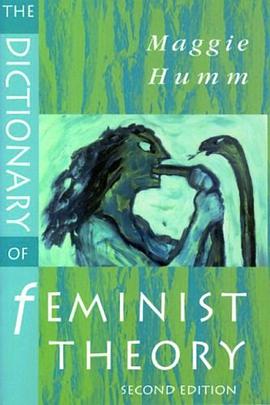

具體描述
"Without passion... no one could ever change anything," says the narrator of the first novel by Bosquet to be translated into English. It's curious, then, that this book seems so devoid of passion, especially given the narrative's close parallels to the author's own life (noted in the afterword by Germaine Bree). Structured as a series of letters from the narrator to his mother, the novel?which was first published in France in 1978, and went on to win that nation's Grand Prix du Roman?details both a troubled mother-son relationship and one family's wanderings through Europe and America. In 1918, Berthe Turiansky, the narrator's mother, saves her husband, Alexander Bisk, from the Russian secret police. Thus begins a flight through Europe and the U.S. that only ends, 60 years later, with Berthe's death in Paris. The narrator, growing up amidst various countries and languages, serves in WWII and becomes a well-known author in France, all the while trying to reconcile his difficult relations with his mother. This may be a case where the artist is too close to his subject; the mother-son conversations sound more like therapy than compelling fiction. Bosquet's prose, ably translated from the French, is elegant but resolutely impersonal. The reader yearns to feel the narrator's obvious suffering, but Bosquet doesn't seem to want to allow that.
Copyright 1995 Reed Business Information, Inc.
著者簡介
圖書目錄
讀後感
評分
評分
評分
評分
用戶評價
相關圖書
本站所有內容均為互聯網搜索引擎提供的公開搜索信息,本站不存儲任何數據與內容,任何內容與數據均與本站無關,如有需要請聯繫相關搜索引擎包括但不限於百度,google,bing,sogou 等
© 2025 book.quotespace.org All Rights Reserved. 小美書屋 版权所有




















